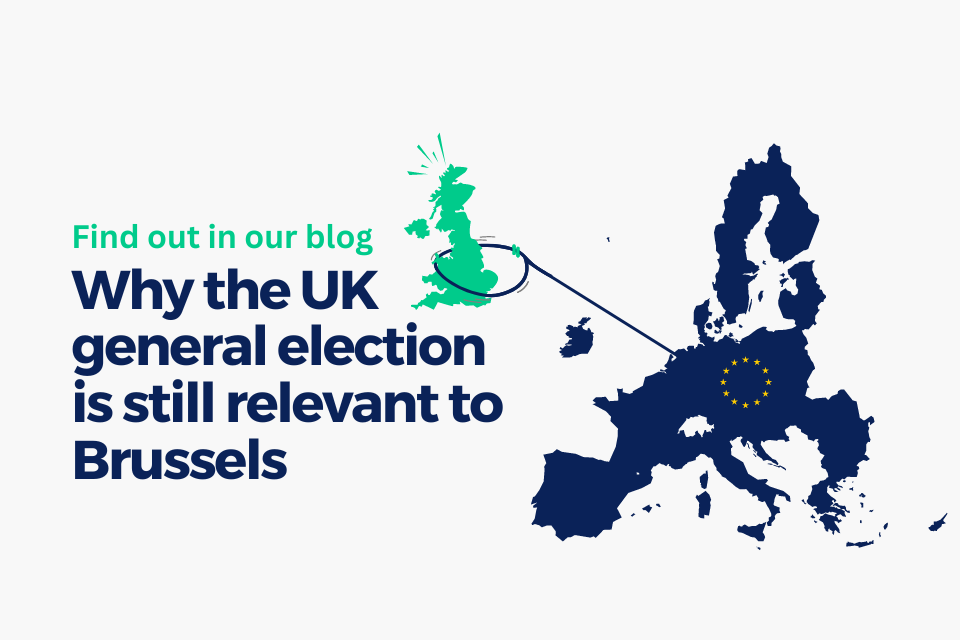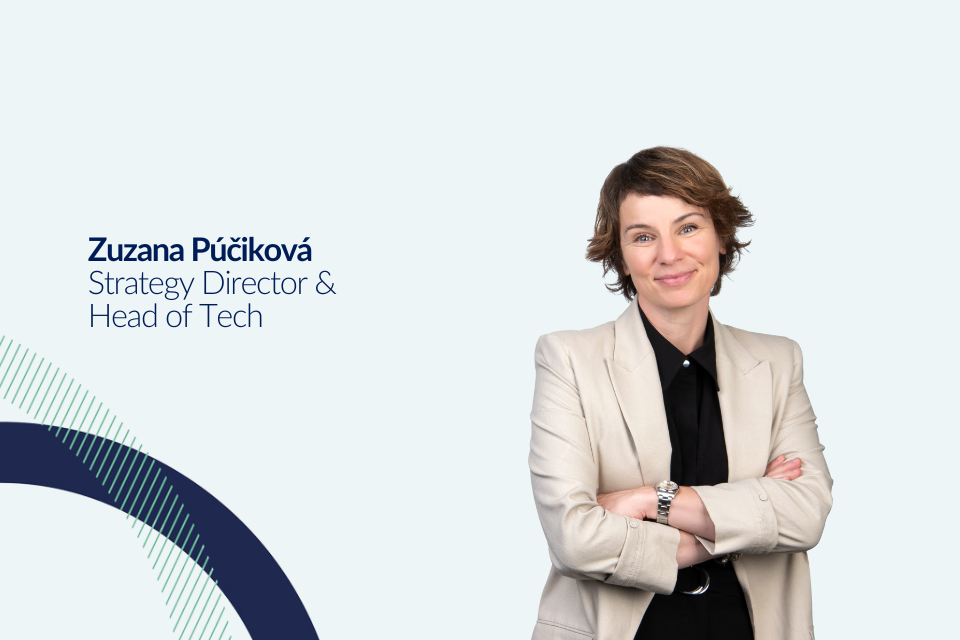#EUWHATSNEXT – Austria’s fine line towards the EU elections
The past two years have been a rollercoaster in Austrian politics, especially with regards to the EU: early general election, a ruling coalition with a far-right party, the EU Council Presidency, the Ibiza scandal, and now the upcoming EU parliamentary elections.
So, #EUWhatsNext?
The bigger picture.png)
In October 2017, riding the wave of populism that flooded the EU in the wake of the migration crisis, the extreme right party (FPÖ) entered the government for the third time since the second world war, forming a coalition with the centre right (ÖVP). The latter was newly rebranded and led by Chancellor Sebastian Kurz, the youngest head of government in Europe and a former Minister of Foreign Affairs. Meanwhile, for the first time in more than 30 years, the Green Party failed to cross the 4% threshold and lost all its 24 seats in the 183-seat National Council.
For the Austrian Council Presidency (July-December 2018), Chancellor Kurz positioned Austria as a “bridge builder” in Europe, highlighting his government’s pro-EU stance in response to criticism of his coalition partner. However, the end of the presidency marked the unofficial beginning of the campaign for the EU elections, shifting the national debate to a more critical stance towards the EU. Chancellor Kurz criticised the EU for being too patronising and called on the EU to stop its “control freakery” of telling citizens how to live, going so far as calling for the cancellation of 1000 regulations in order to reduce bureaucracy. Kurz didn’t stop there: he called for a review/renegotiation of the EU treaties to slim down the institutions and for a clearer set of sanctions for Member States that don’t properly register migrants or follow the rules on budget deficits and debt.
The last few days have shown that his gambles with the far right have not paid off. An explosive video of vice-chancellor HC Strache (FPÖ) trying to sell state contracts to, what he believed to be the niece of a Russian oligarch, a has shaken the Austrian political landscape just days before the EU elections. After the vice-chancellor’s resignation, the call for new elections in September and the resignation of all FPÖ ministers uncertainty reigns. Although the chancellor hopes for a majority for his party in the autumn, it remains unlikely, especially because calls for a vote of no confidence are getting louder. The next days and weeks will be decisive in Austrian politics and it remains to be seen how the situation unfolds.
.png)
Winners/losers
Although only 45% of Austrian voters turned out for the European election in 2014, polls show that at least 49% are certain to vote this time, with 18 seats again available for Austria.
Before the Ibiza scandal, the ÖVP (centre right/EPP) was predicted to continue its winning streak and come out on top, potentially obtaining almost 30% (6 seats, one more than in 2014). Which was followed closely by the SPÖ (social democrats/S&D) forecast to get 27% of the votes (5 seats, the same) and the FPÖ (extreme right/ENF) with 23% (5 seats, up one). It is unclear yet how the national scandal will affect the European elections, in the first (albeit national) polls since, the ÖVP further strengthened its first place, with the SPÖ still second but not taking full advantage of the situation, and the FPÖ recording a loss but still coming in third.
The Greens are expected to reach just 10%, which would give them one seat, as opposed to the three the party now has in the European Parliament. The liberal and pro-EU party NEOS is expected to reach 8% and retain its single seat. These two parties could profit from their active responses to the scandal and increase their voter base on both EU and national level as a result.
The results on Sunday, the day of the EU elections in Austria, while unpredictable at this point, will be a taste for what is to come on national level and show just how much the scandal has swayed voters.
Arrivals & departures
Many current MEPs are not running again and election lists are filled with new names. A few exceptions include the ÖVP and the FPÖ, which both chose their number one candidate from their 2014 lists to lead again this year. Othmar Karas, a MEP since 1999, heads the ÖVP list. On the FPÖ side, Harald Vilimsky heads the list, running with the aim of inter alia overhauling Schengen and reducing the competences of the EU.
.jpg)
The SPÖ has placed Andreas Schieder, a former party leader, as its lead. Its main campaign issues include taxation for big multinationals and fighting extremism. Claudia Gamon, a National Council member, is the only woman heading a list this time – for NEOS. She enters the elections fighting for a strong and federal Europe (United States of Europe). Meanwhile, the Greens are pinning their hopes on Werner Kogler, a former National Council member, to advance issues on climate change and environment.
Paul Rübig (ÖVP), the longest serving Austrian MEP (since 1996) and vice-chair of the panel for Science and Technology Options Assessment (STOA), will not return. He spent his career advocating for small and medium enterprises (SMEs), co-founding the EPP’s business organisation SME Europe. He also won the MEP of the year award twice for his work on research and innovation.
Another notable departure that highlights the European side of things will be Angelika Mlinar (NEOS): she is not standing for an Austrian party but heads the list for the Slovenian party SAB (ALDE). She is a strong advocate for women’s rights and was a rapporteur on the Digital Europe Programme.
The next Commissioner
The next question is: who will move into the Berlaymont as the next Austrian EU Commissioner?
The current state secretary for the Ministry of Interior, Karoline Edstadler, is considered to be Chancellor Kurz’s favourite for the position. Rumour has it that Austria is eyeing the security portfolio.
However, Johannes Hahn, the current European Commissioner for Neighbourhood and Enlargement, retains strong prospects of holding a third consecutive term (he started as Commissioner for Regional Policy in 2009). He hopes to become a Vice-President owing to his extensive Brussels experience.


